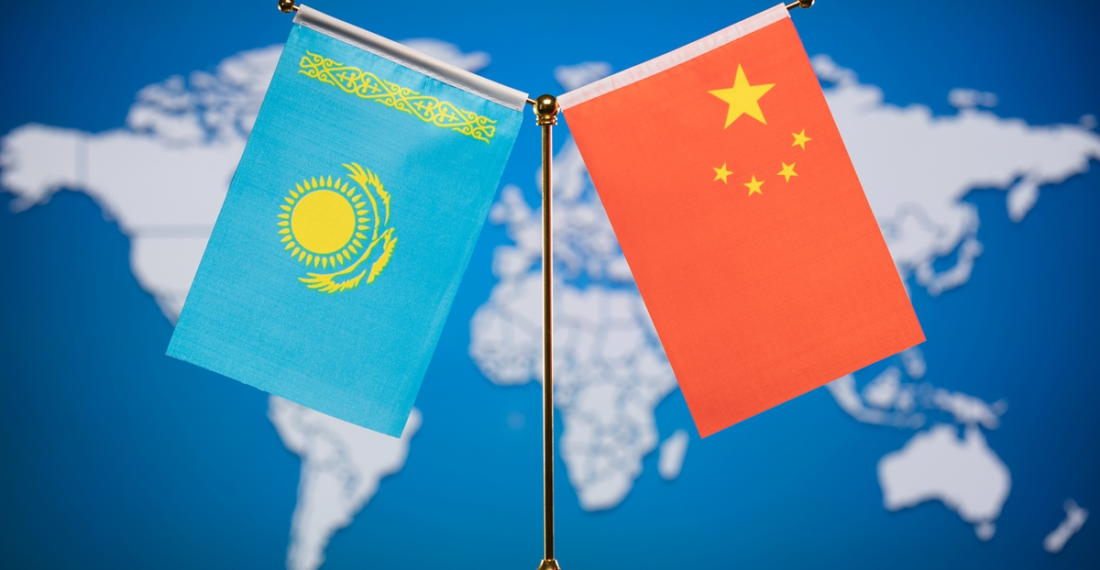Kazakhstan and China have announced plans to introduce a mutual visa free regime for their citizens visiting each other's countries.
On Wednesday (12 April), the Kazakh Ministry of Foreign Affairs submitted a draft resolution for public discussion "On signing an agreement between the Government of Kazakhstan and the Government of China on mutual exemption from visa requirements".
The agreement will be signed by the Chinese and Kazakh foreign ministers in May, during the state visit of President of Kazakhstan Kassym-Jomart Tokayev to China.
According to the draft agreement, Kazakh citizens can stay in China without a visa, and Chinese citizens can stay in Kazakhstan, for no more than 30 days from the moment of crossing the border, and for a total of 90 days in any 180-day period.
Visa-free travel is allowed for tourist, private and business trips.
It is being reported that Kazakh authorities say that the introduction of a mutual visa-free regime between Kazakhstan and China will give an impetus to strengthening cooperation between the countries.







